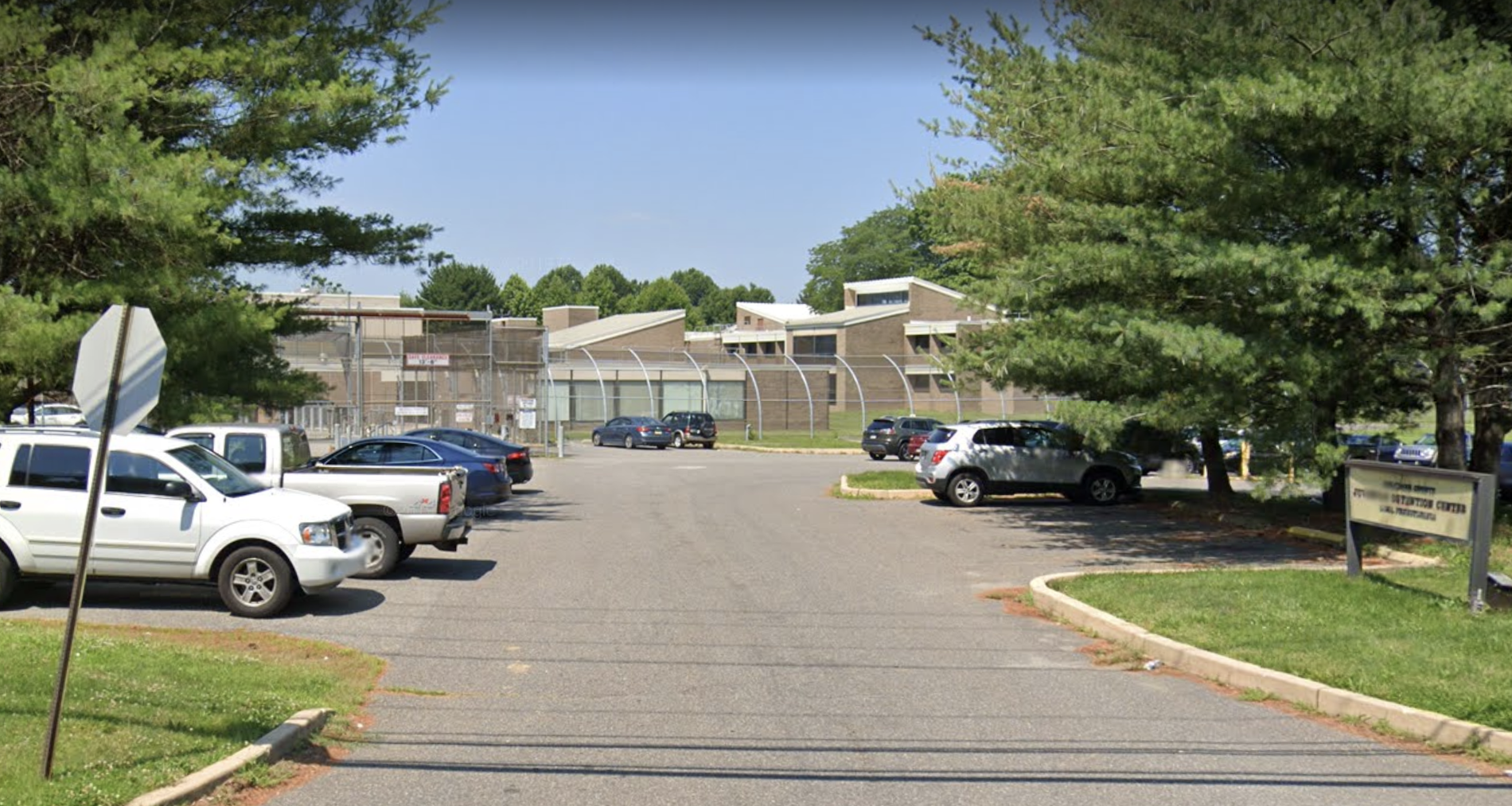Let Me Break This Down for You — Kids Are Not Criminals
Defending the Community
A Series About the Criminal Justice System in Delaware County
The teenage boys spoke with animated voices as they described what had happened the night before. They had been pleading with a supervisor at the Delaware County Juvenile Detention Center for help. An overnight guard, whose job was to care for their health, safety, and welfare, had instead threatened the boys. The guard told the kids in his custody that he would “f them up” and “f their mothers.”
The next day, the boys reported what happened to a DCJDC supervisor. Instead of responding with empathy — or even an insincere attempt to placate the boys — the supervisor paused and waited until he had their full attention. Then he asked them a question that told them the truth. “Let me break it down for you,” he said. “Do you think a judge is going to believe a bunch of juvenile delinquents over a court officer?” In that moment, the supervisor said out loud the quiet truth that our juvenile justice system communicates to our kids: no one cares about them, and no one will listen to them.
Delaware County Juvenile Detention Center (Google Maps)
Over the past few months, the Delaware County Office of the Public Defender has uncovered horrific allegations of physical, sexual, and psychological abuse at the juvenile detention center. When we brought those allegations to the attention of the elected officials in charge of the DCJDC, they closed the facility and called for a thorough investigation. With the facility closed and an investigation underway, it is tempting to feel a sense of relief. Unfortunately, while the closure and investigation are both necessary, they are not enough to prevent something like this from happening again.
The abuses at DCJDC are not a bug in the system: They are a feature. Since the “cash for kids” scandal in Luzerne County in 2009, in which judges were convicted of sending children to juvenile detention centers for cash kickbacks, multiple facilities in Pennsylvania were shuttered because of allegations of abuse. In April 2017, the Wordsworth Academy residential treatment facility was closed when teenager David Hess was killed by a guard. In the last year, both the Deveraux and Glen Mills facilities were closed after credible allegations of awful abuse. These problems are not unique to Pennsylvania. According to a recent Columbia Justice Lab report, since the year 2000, systemic maltreatment of justice-involved children has been documented in 29 states.
Why do these abuses continue to happen? Why are they a feature of the juvenile justice system, rather than an anomaly? Let me break it down for you: we are criminalizing kids who need help. When criminal-justice officials look at difficult behavior, they see crime. But when we look at the broader context of detained kids—especially those with longer stays—it is beyond common to find brutal childhood trauma, mental health and other disability diagnoses, special-education needs, homelessness, family instability, and poverty.
When we look at the faces of the incarcerated, we see disproportionate numbers of non-white children. When we look at patterns of mistreatment, we see that the most vulnerable and stigmatized among them are frequent targets of abuse by both peers and authorities. And when we look at arrest and prosecution records, we see patterns of geographic profiling—a predictable outcome of selective police presence in certain schools, youth curfews in certain towns, and increased law-enforcement activity in certain zones.
Kids are different from adults, but our justice system treats them the same. Our youth incarceration model is based on the same principles as our adult criminal system: control, coercion, and punishment, albeit with a slightly greater emphasis on juvenile rehabilitation.
Yet brain science teaches us that kids have less impulse control than adults, are more sensitive to peer pressure, and have a weaker ability to make decisions based on future consequences. Put another way, kids do dumb things. They join in when their friends do dumb things. Kids get in fights at school, they shoplift, they experiment with drugs and alcohol. Making mistakes is part of growing up. Instead of recognizing this reality and helping our kids learn from these mistakes, our system punishes them.
We need a system that focuses more on helping kids to grow up, and less on locking them up. We need a system focused on care, not control.
The words of the DCJDC supervisor clearly illuminate the fundamental flaw in our current system. An adult male guard, tasked with protecting teenage boys, instead threatened them. And that guard’s supervisor responded by telling the boys exactly who they are in our system today.
This system does not exist somewhere beyond our control. The DCJDC is on Route 352 in Lima. The boys and girls incarcerated there are from our community. They are our kids. We must use what happened as a clarion call to change how we treat children who need our help. The choices we make now can show them that they do matter, and that we are listening.
Christopher Welsh is Delaware County’s public defender.
This feature is published jointly with weekly newspaper The Spirit.




